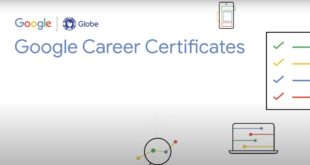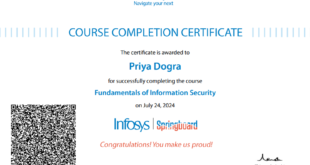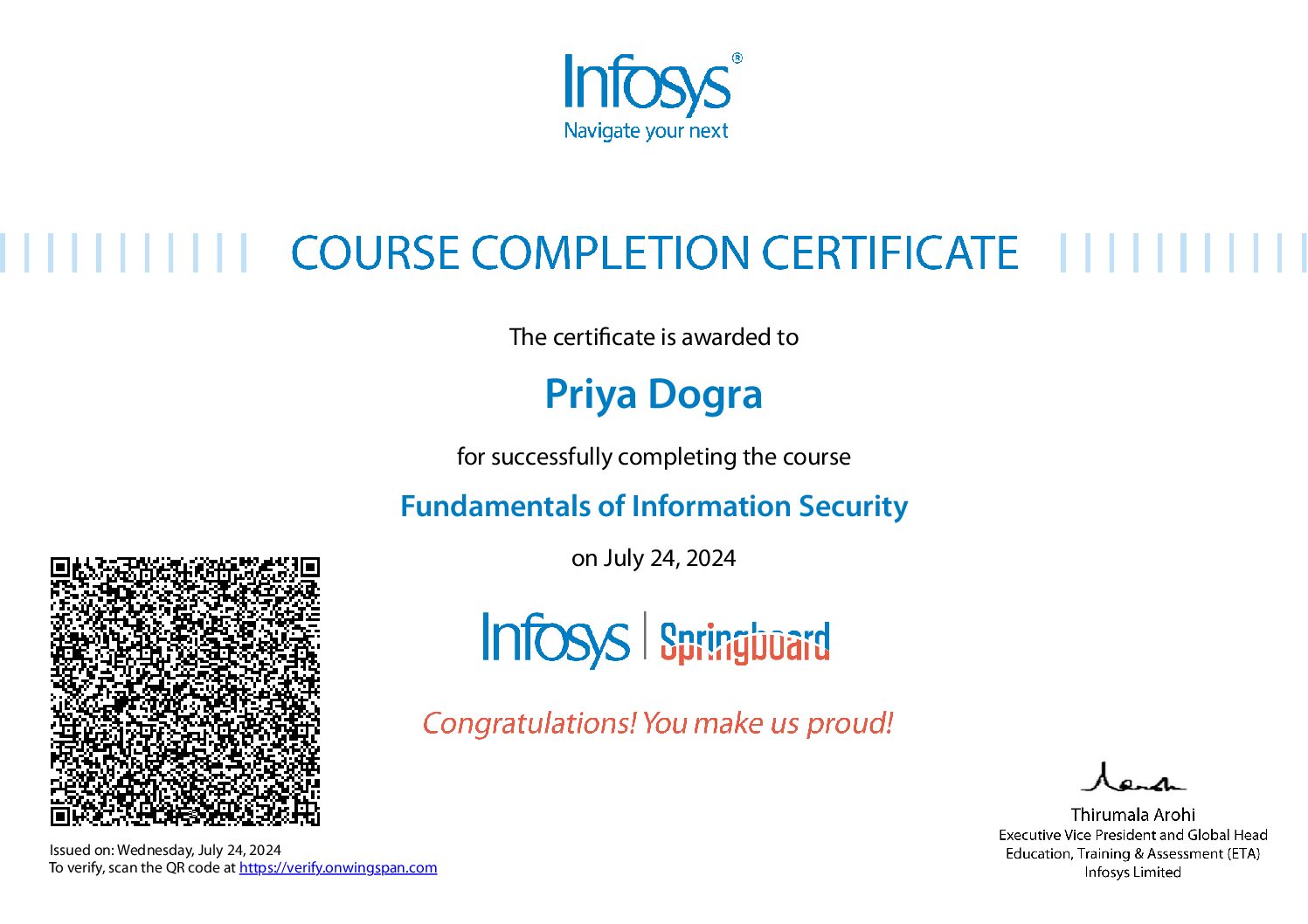Content marketing and SEO (Search Engine Optimization) are two crucial components of any digital marketing strategy. They work hand in hand to improve online visibility, attract organic traffic, and engage target audiences. Here are some fundamentals of both:
Content Marketing:
- Audience Understanding: Content marketing starts with a deep understanding of your target audience. You need to know their demographics, preferences, pain points, and interests to create content that resonates with them.
- Content Strategy: Develop a content strategy that aligns with your business goals and audience needs. This includes determining the type of content (blogs, videos, infographics, etc.), frequency of posting, and distribution channels.
- Quality Content Creation: Create high-quality, valuable content that educates, entertains, or solves problems for your audience. Focus on providing unique insights, actionable advice, or compelling storytelling to stand out from the competition.
- Consistency: Consistency is key in content marketing. Regularly publish new content to keep your audience engaged and maintain your brand presence.
- Content Promotion: Don’t just create content; actively promote it across various channels such as social media, email newsletters, and industry forums to reach a wider audience.
- Measure and Analyze: Track the performance of your content using analytics tools. Monitor metrics like website traffic, engagement, conversions, and social shares to understand what’s working and what needs improvement.
SEO (Search Engine Optimization):
- Keyword Research: Identify relevant keywords and phrases that your target audience is searching for. Use keyword research tools to discover high-volume, low-competition keywords to optimize your content around.
- On-Page Optimization: Optimize on-page elements such as titles, meta descriptions, headings, and URL structures with targeted keywords to improve your website’s visibility in search engine results.
- Quality Backlinks: Acquire high-quality backlinks from reputable websites in your industry. Backlinks are a significant ranking factor for search engines and can boost your website’s authority and trustworthiness.
- Mobile Optimization: Ensure your website is mobile-friendly as mobile usability is a crucial factor in search engine rankings, especially after Google’s mobile-first indexing update.
- Site Speed and Performance: Improve your website’s loading speed and overall performance to provide a better user experience. Search engines prioritize fast-loading websites in their rankings.
- Content Optimization: Create optimized content that satisfies user search intent and provides valuable information. Incorporate relevant keywords naturally within your content and optimize images and other media files for search engines.
- Technical SEO: Fix technical issues such as broken links, duplicate content, and crawl errors to ensure search engine bots can properly index and rank your website.
- Local SEO (if applicable): If you have a physical location or target local customers, optimize your website for local search by creating local business listings, optimizing Google My Business profile, and obtaining local citations.
By integrating content marketing and SEO strategies effectively, you can enhance your online presence, attract qualified traffic, and ultimately drive conversions for your business.
OFFICIAL LINK FOR THE Content Marketing and SEO Fundamentals Certification EXAM: CLICK HERE
Content Marketing and SEO Fundamentals Certification Exam Answers
Question 1: What are your target audiences for content marketing campaigns? Choose three options.
- Media and bloggers
- Customers and prospects
- Influencers
- Search ranking algorithms
Question 2: What are the most important aspects of guest posting? Choose three options.
- The quality of the sites that you publish on
- The quality of the content that you create
- The number of sites you publish on
- The relevance of the sites that you publish on
Question 3: Why should you collaborate with your marketing and PR departments?
- To stop them from reaching out to media, bloggers, and influencers so you can do it
- To show them how to place links in press releases
- To interview them to get great content to publish
- To coordinate your outreach efforts to minimize overlap
Question 4: What benefits do sites that publish syndicated content expect to receive? Choose two options.
- Links from your site
- Traffic from your site
- Increases in their organic search traffic
- Quality content to present to visitors to their site
Question 5: What are the benefits of being interviewed and having those interviews published on third-party websites? Choose three options.
- It may result in links back to your site.
- It helps raise your visibility.
- It helps you rank better, because Google sees interviews as an authority signal for ranking purposes.
- It helps establish your credibility in the market.
Question 6: What is the most important content type to publish?
- Research reports
- There is no ‘most important content type’
- Articles
- Videos
Question 7: Why is content-based link building effective?
- High-ranking pages in Google tend to get more links.
- Links to content pages are worth more.
- The more content you publish the higher you rank.
- The best content on the web tends to attract a lot of links.
Question 8: What are some fundamentals of creating great content? Choose three options.
- The focus of the content that you produce needs to be on how well you satisfy user needs.
- Focusing on the high-volume keywords.
- Creating content with depth and breadth in order to satisfy user needs.
- Aim to publish content that is more in-depth than your competitors in at least some areas.
Question 9: Which of these are target audiences for your content? Choose four options.
- Your competitors
- Influencers
- Bloggers
- Prospective customers
- Media
Question 10: Which practices should you AVOID when doing guest posting? Choose three options.
- Publishing on low-quality sites
- Targeting high-authority sites that will raise your visibility
- Pursuing high volumes across as many sites as possible
- Stuffing the posts with rich anchor text links
Question 11: What should you AVOID doing with your content syndication efforts? Choose three options.
- Letting relevant, authoritative sites republish your content without linking back to the original article on your site
- Syndicating content of any quality to third-party sites
- Providing relevant, authoritative sites with high-quality content to publish
- Providing any site that wants it with high-quality content to publish
Question 12: Why is it important to collaborate with marketing and PR on your content campaigns?
- They may be able to buy good links for you.
- They probably already know how to use content to drive SEO.
- They need you to teach them about content marketing.
- They may already be communicating with media, bloggers, and influencers that you want to reach.
Question 13: Why is granting interviews a great tactic for building visibility?
- Transcribed speech is hard to read.
- Google gives special weight to links in interviews.
- Everyone needs to learn from your expertise.
- Having third parties publish an interview with you is a form of endorsement.
Question 14: What is the best type of content for you to produce for your business?
- Videos
- It depends on your business and the target audiences that you’re trying to reach
- There is no one best type of content to produce
- Data research
Question 15: Why is content-driven link building an effective approach to building your visibility online?
- Creating the best content in your market space makes it more likely that people will be willing to link to it.
- Publishers want to link to your site.
- It’s easy to publish more content than your competitors.
- As you need to do is create content for high-volume keywords.
Question 16: Which of these choices helps cause the other three?
- Providing users with the information that they are looking for
- Beating competitors in the market
- Showing your level of expertise on a topic
- Driving higher rankings in Google
 Priya Dogra – Certification | Jobs | Internships
Priya Dogra – Certification | Jobs | Internships



